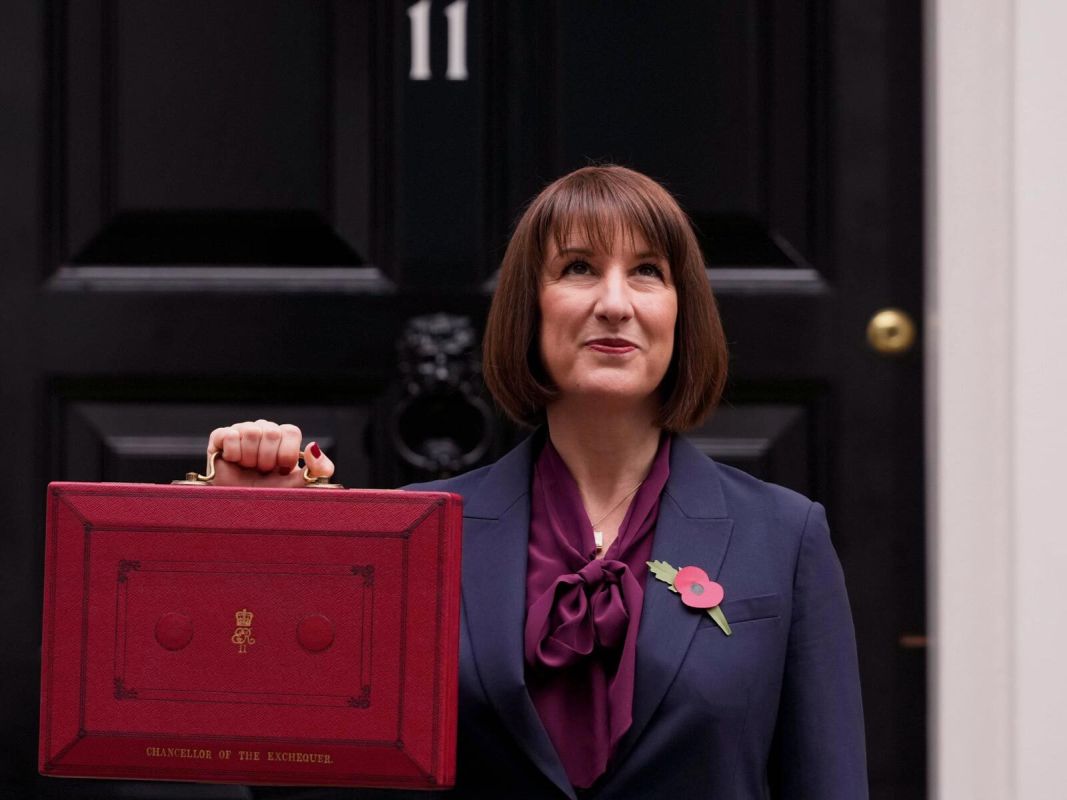Rachel Reeves finally stood up today in Parliament and delivered one of the most anticipated budgets of recent history. The Labour government left a very long time between coming to power and announcing their first Budget, which allowed the rumour mill to go into overdrive. Horror stories circulated about dramatic tax rises and austerity 2.0 driving political commentators and investors into an absolute fever.
Ultimately, in the end, the Budget was much more tame than many expected. It was not without its victims, for example, if you send your child(ren) to a private school or you are the CFO of a medium sized business (or fly regularly via private jet), your costs will end up with a meaningful increase. However for those of us looking at this from a saving, pensions and investing standpoint, there were perhaps not as many gremlins as we may have feared.
So what actually happened?
The Chancellor spent the first 10-15 minutes gleefully twisting the knife into an increasingly irritable-looking Jeremy Hunt – setting the scene for the budget to deliver some ‘hard truths’ as a result of her difficult inheritance.
However, once the show got going, it became clear that a lot of the heavy lifting of the tax increases seemed to be pinned on businesses, whose national insurance contributions will increase by 1.2% to 15%. This combined with a more stringent focus on benefits and, more importantly, a relaxing of the capital balance rules – i.e. increased borrowing for investment projects – meant that personal taxes and pensions didn’t get as much of a hammering as first feared.
There was still an (expected) increase in capital gains tax, and pensions will now move into the estate as part of inheritance tax – which were two scenarios we covered in the run-up. But the 25% tax-free allowance from pensions and the tax relief on contributions seem to have been untouched. Similarly, there was some tinkering on inheritance tax. However, there was no major overhaul (outside of the pension moving in – which we will cover below).
On top of this, the Chancellor was able to keep to the promise of not increasing income tax, VAT or national insurance for workers – which was their manifesto pledge. She also announced that she would not extend the freeze on income tax bands, which was widely rumoured, in quite a statement move. This was probably made a bit easier by the fact that they are already frozen until 2028 – but it’s still a welcome outcome for people nonetheless.
Capital gains tax increase
We did see an increase in capital gains tax, which was never really in doubt. However, the move was not as large as perhaps some expected. The rate of capital gains tax moved from 10% to 18% for lower-rate taxpayers and 20% to 24% for higher-rate and additional-rate taxpayers.
Crucially, this will come into effect for disposals made on or after the 30 of October – meaning it is effective immediately.
I echo the sentiments made in the previous article about the changes and what people can do. The most effective strategy for people is to make full use of the tax-free wrappers that they have available – Individual Savings Accounts (ISAs), Junior ISAs and pensions (private and workplace) to avoid paying capital gains tax, as well as income tax on interest and tax on dividends. Also looking at Gilts (particularly those below par) can be a good vehicle for any investments outside of tax wrappers, as they are exempt from capital gains tax.
I think the crucial message is that more people need to be aware of the pitfalls of capital gains tax. Not long ago, the amount that you could make in capital gains before paying tax was £12,300, and the basic rate was 10%. Now, the allowance is only £3,000 and the basic rate has nearly doubled. This means that capital gains tax is becoming an increasingly relevant tax for everyone, not just the very wealthy – so make sure you are vigilant when structuring your finances.
Pensions becoming part of the estate
This is quite a big blow for those trying to reduce their inheritance tax bill. Previously one of the benefits (one of many) of saving into a pension was that it was not formed as part of the estate and you wouldn’t pay inheritance tax on it.
I won’t go into the specific details of it all – my esteemed colleague covered it thoroughly in the run-up to the Budget here. However, the key message is that the pension is still one of the most effective savings vehicles that you have available. Especially given that it seems as though there has been no other tampering – such as reducing the tax-free amount that can be taken from the pension or restricting the amount of tax relief on contributions for higher earners. With capital gains increasing, utilising the up to £60,000 for pension contributions each year still has very few drawbacks.
If you are in retirement and you were planning your estate around using your income with this in mind, this certainly gives something to think about – particularly if they don’t relax the rules of income tax on the pension once it’s passed on. This is still somewhat up in the air, but please feel free to reach out to us to discuss your situation in more detail.
What impact will this have on the portfolios?
It’s still quite early to comment. Government bond yields initially fell (positive market reaction), but then increased significantly and are now coming back down again at the time of writing to roughly where we started the day.
There is likely to be some volatility in the government bond space as traders try to digest the impact of the changes in the borrowing rules and subsequent quality of the investment announcement.
We are nowhere near the territory of the fateful Kwarteng/Truss budget – however this is something we will monitor. Many of the measures were announced well in advance, so a lot has been already digested by bond markets.
In terms of UK equities – it’s still too early to tell. However, again, if some of these investment schemes announced come to fruition, it should deliver the higher growth that was announced in the forecasts during the budget. This would generally be taken positively, particularly for small and medium sized companies, which get more of their revenue from the UK.
So, all in all, at least as a first reaction, this was not nearly as dramatic a budget as expected. I would actively encourage you to reach out to our friendly team to discuss the impact on your own situation and your financial goals.
Whilst some people may be breathing a sigh of relief, there were still some relevant changes in there – so as always, good planning is key to achieving your goals.
*As with all investing, financial instruments involve inherent risks, including loss of capital, market fluctuations and liquidity risk. Past performance is no guarantee of future results. It is important to consider your risk tolerance and investment objectives before proceeding.





